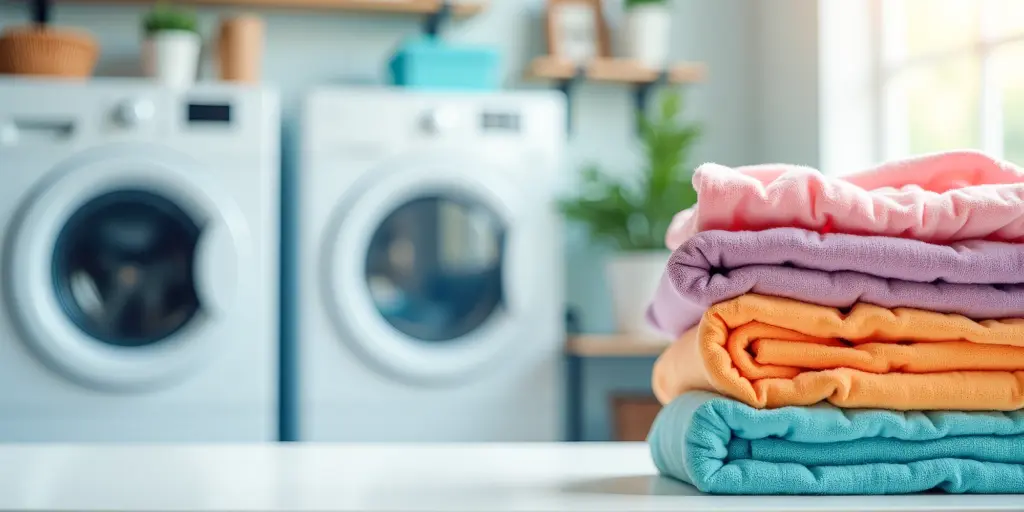In an era where environmental sustainability is more critical than ever, our client, a pioneering sustainability start-up, set out on a mission to reduce microplastic pollution caused by washing machines. Microfibres shed from clothing during washing cycles contribute to a significant percentage of plastic waste in the world’s waterways. Understanding the scale of this problem, the client approached 42 Technology with an ambitious goal: to develop an innovative, market-ready product that would capture microplastics before they entered the water supply.
Their vision was bold; create an efficient, user-friendly, and aesthetically appealing filtration system that could integrate seamlessly with household and commercial washing machines. With a challenging timeline of just nine months to market, the project demanded an agile and inventive approach.
The challenge: from concept to commercial reality
The project began with an initial concept that, while promising, required rigorous evaluation to ensure feasibility. The client envisioned a device that could filter microplastics effectively while maintaining ease of use and compatibility with existing washing machines. However, several hurdles needed to be overcome:
- Integration with washing machines – Retrofitting an additional filtration system onto existing appliances posed mechanical and operational challenges.
- Managing back pressure – The device had to account for pressure differentials between wastewater and clean water, requiring an entirely new algorithm.
- Optimising user experience – The product had to be intuitive for consumers and easy to install without compromising washing machine performance.
- Delivering on sustainability goals – The filtration system needed to be made from sustainable materials while maintaining durability and efficiency.
With these challenges in mind, 42 Technology embarked on an extensive development process to refine the product concept, enhance its functionality, and bring it to life within the client’s ambitious timeframe.
What we did
Collaboration was at the heart of the project. Working closely with the client, 42 Technology employed a multi-disciplinary approach, bringing together design engineers, industrial designers, and sustainability experts.
The first phase involved assessing the initial design for feasibility. It quickly became apparent that a purely human-powered system, as initially proposed, would not be viable. Through iterative prototyping and testing, the team pivoted to a more efficient, automated mechanism that significantly improved performance.
From there, the project moved into intensive industrial design and mechanical engineering phases. Prototypes were developed and rigorously tested to ensure optimal filtration performance while maintaining seamless integration with washing machines. The design team focused on creating an aesthetically appealing, consumer-friendly product, which later played a key role in securing additional funding for the client.
Regulatory considerations and manufacturability were also critical. 42 Technology designed the product for high-quality injection moulding, ensuring cost-effective mass production without compromising on sustainability principles. Throughout development, the team maintained close communication with the client, enabling agile decision-making and rapid problem-solving.
Results for our client
The filtration device is now being used in commercial settings, including cruise ships and hotels, demonstrating its scalability beyond household applications.
The final product was not only fully functional but also exceeded expectations in terms of performance, usability, and sustainability. It was successfully designed for manufacture, undergoing comprehensive testing and validation before its market debut.
Why 42 Technology? A partnership built on expertise and innovation
The client valued 42 Technology’s expertise in product development, particularly our ability to assess feasibility early, pivot when necessary, and execute with precision. The team’s collaborative approach ensured continuous progress, while the high-quality design and injection moulding capabilities impressed manufacturers, helping to bring the product to commercial success.
This case study stands as a testament to what can be achieved when technical expertise, sustainable innovation, and a shared commitment to environmental impact come together. By working closely with the client, 42 Technology helped transform a visionary idea into a tangible, market-ready solution that is making a difference in the fight against microplastic pollution.
